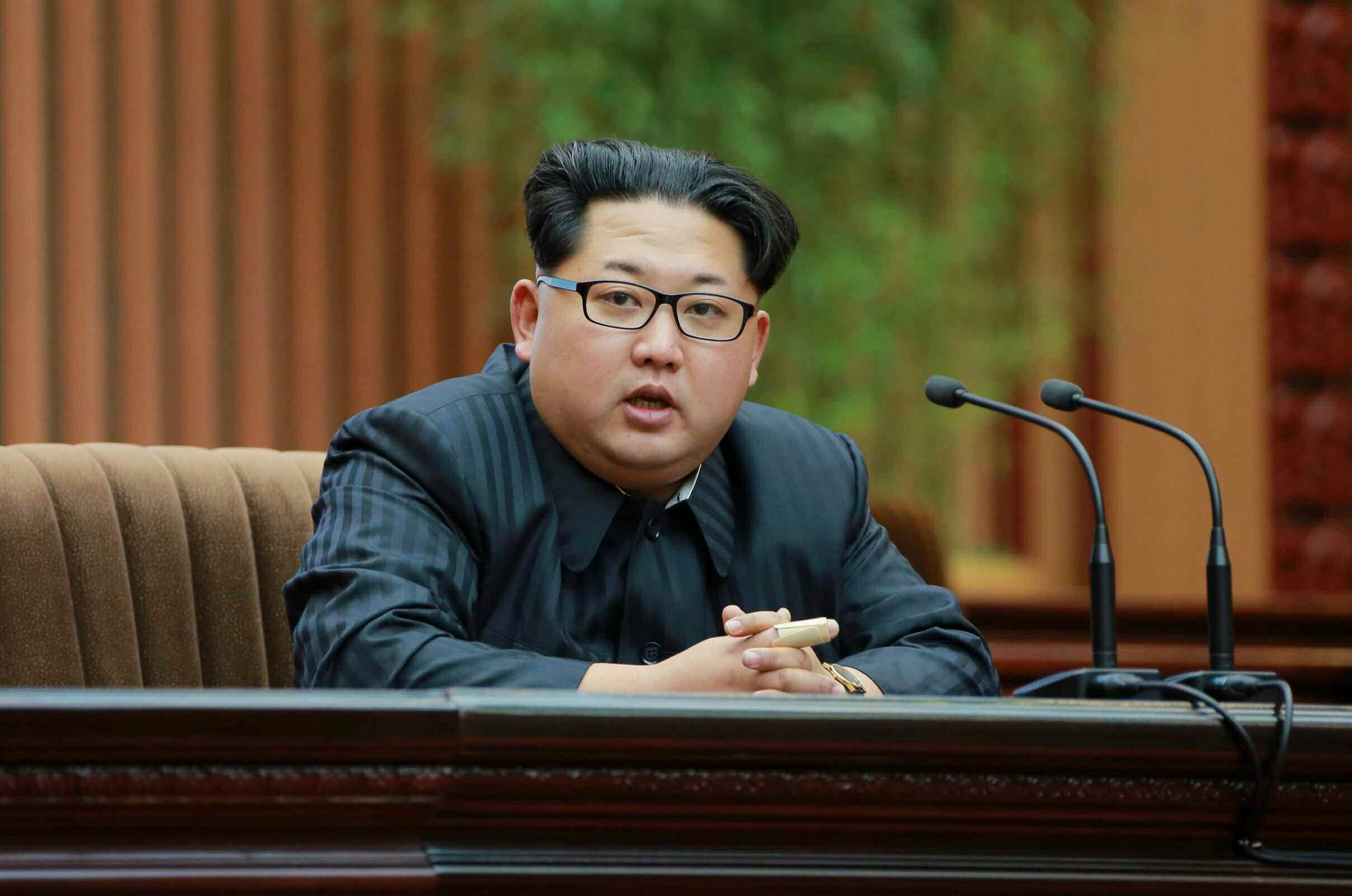North Korean defector on living in the West: 'We are so disconnected'

Yeonmi Park, 22, is in the rare position of being able to contrast Western societies with the secretive, authoritarian state of North Korea.
Park, who grew up in the North Korean city of Hyesan, told Business Insider that her childhood was dominated by hunger pangs — especially when she was 9 and her father was imprisoned after being accused of trading goods on the black market.
In 2007, at age 13, Park fled with her mother to China, travelling through mountains and across a frozen river. At the Chinese border, the men they bribed with money turned out to be gangsters. The men, who ran prostitution rings, trafficked them around northern China, according to The Guardian.
Eventually the mother and daughter took a chance to escape to South Korea through the Gobi desert. In South Korea, Park studied Criminal Justice at Dongguk University. She has since become a prominent defector, speaking at various international summits, including the UN Human Rights session on North Korea.
This spring, Park moved from South Korea to New York City, where she studies economics at Columbia University. We caught up with Park to find out how she is finding life in the US.
Park said the contrast between the US and her home country was vast. “I feel like I'm living in a different universe and I can see both sides,” she told Business Insider.
“Americans are great people,” she said, adding that she did miss one thing about North Korea.
“What I miss about North Korea is the human connection you get,” Park said. “We didn't have text messages. I'm so grateful that I learned how to connect with someone without a phone, without text messages.”
In the US, Park said, this real-life connection is lacking. “We have every tool to love someone and love ourselves, but somehow we are so disconnected,” she said.
“When I call people here, they are like: 'Why are you calling me? Just text me.' I say: 'I want to hear your voice.' I think that's the irony I feel in this place,” she added.
Park said she was much happier in the US than she had been in North Korea. But she said she had trouble understanding people's problems in Western society when comparing them with those of her family back home.
“This is a great world, and I can't ask for more,” Park said. “This is a beautiful world and we have everything, but somehow I see that people are confused, and for me there's no reason for us to be confused or not satisfied.”
You might expect everything to be easy after fleeing a brutal leader, spending two years in the control of human traffickers, and having to learn an entirely new culture, language, and worldview. But Park has acknowledged that she is finding the range of compulsory classes at Columbia a real struggle.
“It's hard — it's very hard,” she said. “I'm taking calculus class, and I've never seen a supply-and-demand graph until this moment. Education is hard, learning is painful sometimes.”
“At Columbia, everybody already studied math at high school and middle school, but I never did math,” she said.
In North Korea, Park left school and starting working at the local farm at just 9 years old.
But the challenge of education is worth it, she said, adding that books have helped to change her life.
She credits George Orwell's “1984” with illustrating how the North Korean state controlled her own psychology.
'For most people, North Korea is about Kim Jong Un's haircut'
Initially, Park said that when she gained freedom and independence, she found it “a struggle” to know what to do with herself. She said it felt strange to be “the master of [her] own life.”
Now that Park has found her voice, though, she feels it is her duty to use it.
“It was very hard for me to get this voice and freedom,” Park said. “Every day I feel so powerful, so empowered.”
Park wants to use her platform to explain the gravity of the situation in North Korea.
“For most people, North Korea is about Kim Jong Un's haircut and nothing more than that,” Park said.
“It is crucial for the rest of the world to know what is happening to the country and know what is happening to average people,” she said, “and what they have to do to be free.”
Read more:
• Analysts question the way Apple describes its data
• Mike Ashley has a plan to save BHS with no job losses
• Investors think central banks have lost their power
Read the original article on Business Insider UK. © 2016. Follow Business Insider UK on Twitter.
Subscribe to Independent Premium to bookmark this article
Want to bookmark your favourite articles and stories to read or reference later? Start your Independent Premium subscription today.

Join our commenting forum
Join thought-provoking conversations, follow other Independent readers and see their replies